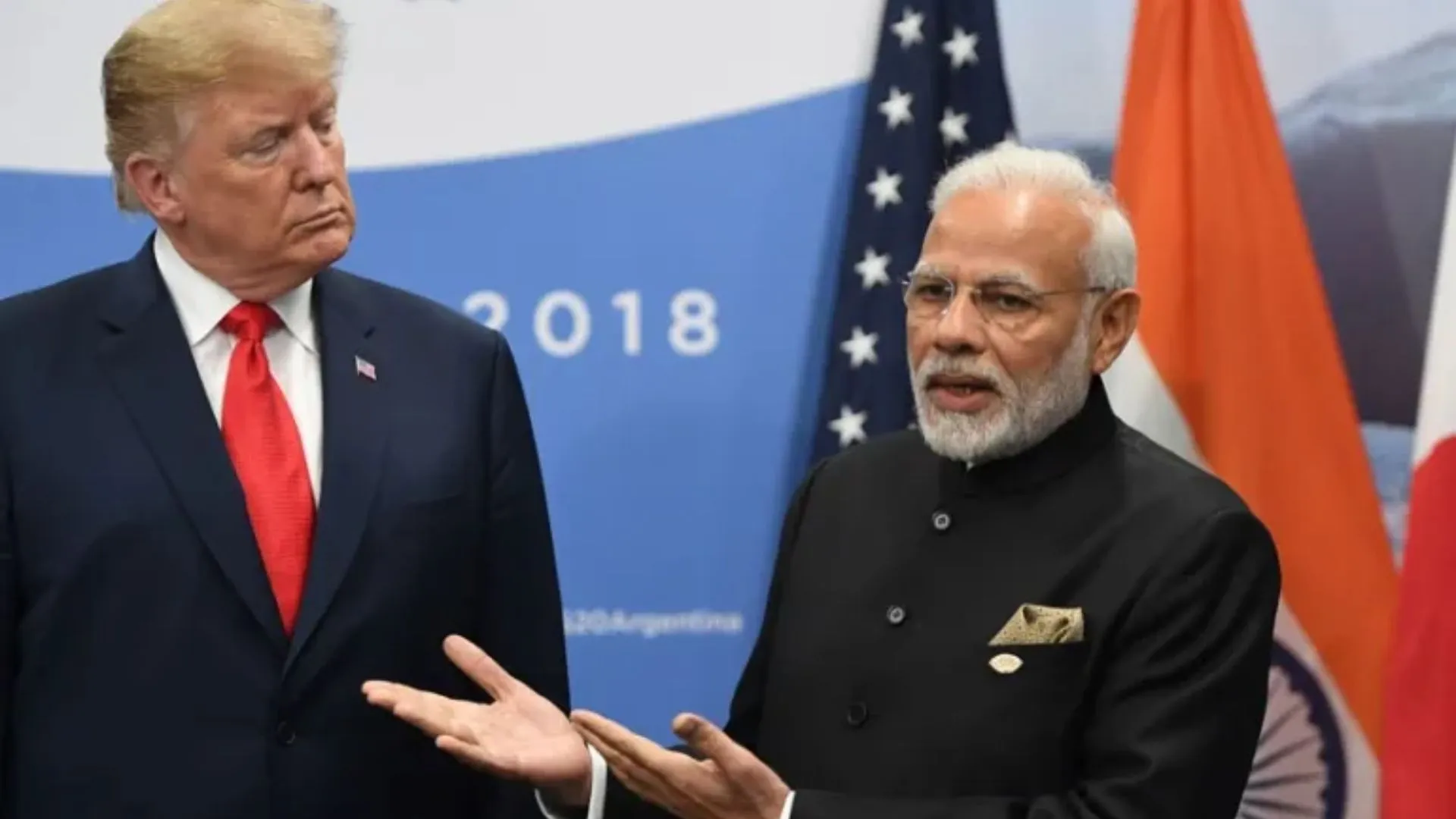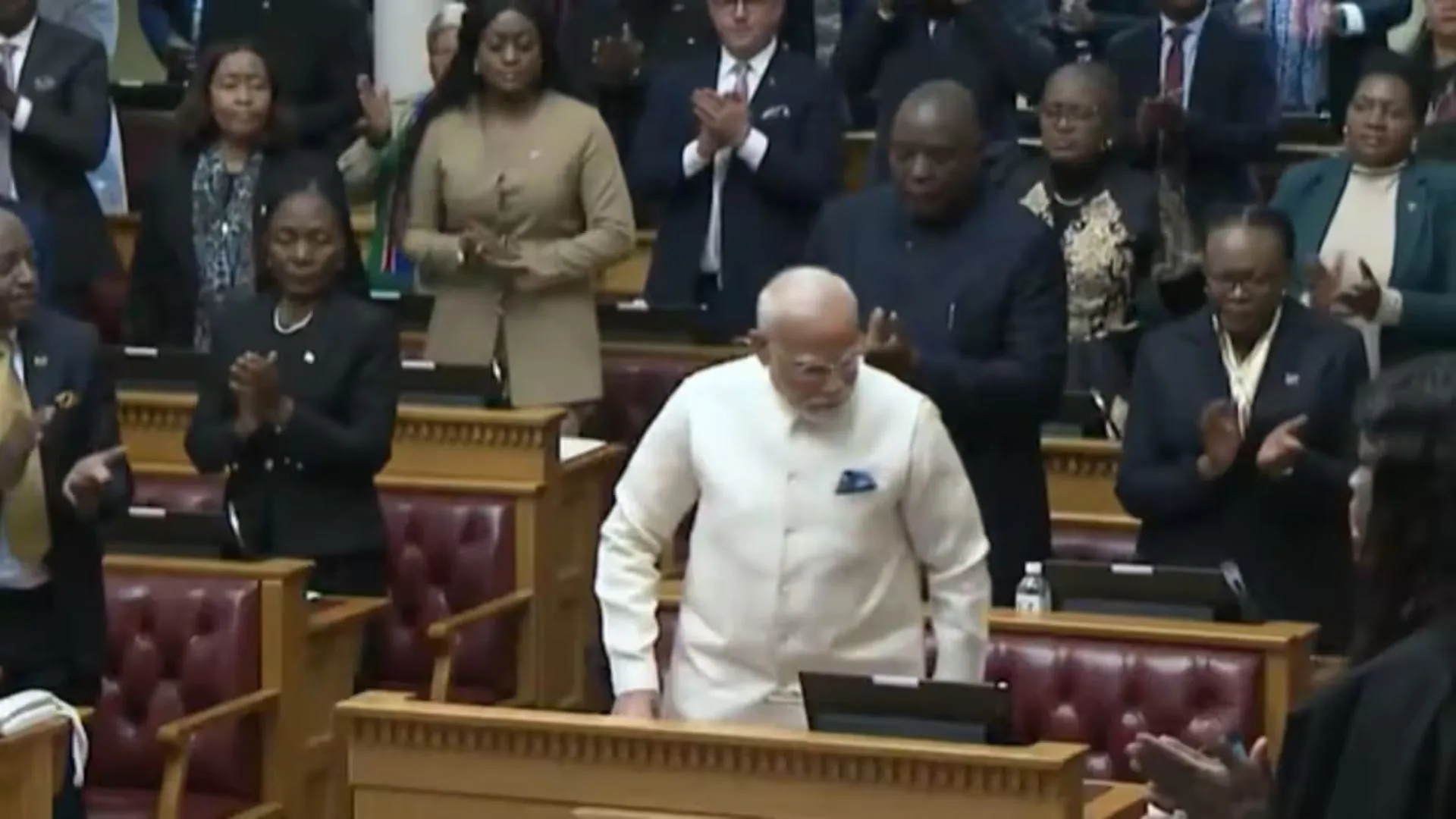In May 2025, US President Donald Trump proposed to mediate the Kashmir conflict between India and Pakistan after the two countries signed a ceasefire deal. While Pakistan embraced the initiative, India categorically rejected it, adhering to its time-tested perception that Kashmir is a bilateral matter. Supported by the Simla Agreement, India’s contention is that only bilateral negotiations with Pakistan—without outside intervention—can end the issue.
The Indian government maintains that the sole point of negotiation is the return of Pakistan-Occupied Kashmir (PoK), reiterating that Kashmir is a sovereignty issue and not up for discussion. The statements by Trump triggered political discourse in India and received approbation from Pakistan, which still continues to advocate for international mediation. India, however, remains unmoved, seeing third-party interference as an attack on its autonomy and territorial sovereignty.
Kashmir Conflict: India Spurns Mediation—Again
India has consistently considered Kashmir to be a bilateral issue. New Delhi did not waste any time in reacting when Donald Trump made the proposal. The response was an unmistakable and categorical “no.” Indian authorities referred to the 1972 Simla Agreement, which binds both countries to resolve issues exclusively through bilateral discussions.
Additionally, India made its stand even clearer. Officials explained that the sole remaining issue is the return of Pakistan-Occupied Kashmir (PoK). One government official said flatly, “There is only one matter left—the return of PoK. We don’t want to discuss any other topic.” That is the Indian perspective on Kashmir: not as a conflict, but as an issue of territorial integrity and national sovereignty.
Trump’s Move and Pakistan’s Praise for Kashmir
On May 11, 2025, Trump commended India and Pakistan for committing to a ceasefire. He hailed it as a move toward peace and said he was willing to assist them in discovering a lasting solution—perhaps one that might take “a thousand years,” he added. Trump made the US a peace-broker, positioning the country to play the central role in the negotiations.
Pakistan accepted his proposal without any delay. Islamabad has been demanding international intervention in Kashmir for decades. It believes the issue of Kashmir is that of human rights and self-determination. After Trump’s comments, Pakistan’s Foreign Ministry restated its appeal for a settlement based on UN Security Council resolutions. These include the demand for a plebiscite to decide the future of Kashmir.
Pakistan’s reaction was in line with its traditional stance. It desires external players—particularly the US and the UN—to step in. That attitude is in direct contrast to India’s, which does not allow any foreign hand to steer negotiations.
Simla Agreement: India’s Diplomatic Anchor
India’s rejection of third-party mediation isn’t new—it’s part of its post-1971 war foreign policy. The Simla Agreement of 1972 unambiguously stipulates that India and Pakistan will settle their matters through bilateral talks, without outside intervention.
This is not a legal argument, it is one of sovereignty. For India, to let another country mediate would be to compromise its jurisdiction over a key internal issue. It would also set a precedent for foreign powers to meddle in other border conflicts. India’s path is clear: exercise its sovereignty, defend its borders, and resolve matters without foreign interference.
Political Ripples in India
Trump’s remarks provoked political outrage back home. The opposition, led by the Congress Party, condemned the comments. Congress MP Manish Tewari reminded everyone that the war started in 1947, when Pakistan had invaded Kashmir. He pointed out that the Maharaja of Kashmir had legally acceded to India, and that Pakistan still illegally occupies part of the territory.
Even some opposition leaders questioned whether the Indian government had been sending mixed signals. They sounded the alarm over recent remarks by US Secretary of State Marco Rubio, who alluded to a “neutral forum” for negotiations. To many, this was the start of a drift away from the Simla framework.
Pakistan’s Push for Global Involvement
Islamabad, in turn, doubled down on its approach. It kept insisting on international mediation. Pakistani leaders tend to present Kashmir as both a territorial dispute and a human rights issue. They argue that the people of Kashmir have a right to decide their own destiny.
Leaders such as Foreign Minister Bilawal Bhutto Zardari and the country’s ex-senior NSA Moeed Yusuf urged international assurance be made necessary. They argue that without it being a global venture, peace continues to be ephemeral—more so considering both are nuclear-capable countries. India and Pakistan, they contend, will be unable to arrive at stable peace by themselves.
India’s Broader Strategy: Autonomy Above All
India’s stance on Kashmir is directly related to its broader foreign policy objectives. As an emerging world power and a leading voice in institutions such as the G20 and BRICS, India seeks to project strength and autonomy. Taking in mediation would undermine that perception.
More significantly, it would undermine India’s narrative control. Granting outsiders the authority to influence negotiations would provide Pakistan with leverage and diminish India’s voice in its domestic affairs. Sovereignty for New Delhi is non-negotiable. Kashmir, especially, is not negotiable.
No Room for a Middleman in Kashmir Issue
Trump’s offer may have made headlines, but it did little to change India’s firm stance. For New Delhi, Kashmir remains an issue to be discussed directly with Islamabad—nothing more, nothing less. The Simla Agreement still guides its approach, and the idea of mediation still gets rejected.
While Pakistan still looks for the world to be involved, India remains committed to one thing: the return of PoK. Anything else than that, in its view, is interference. For the time being, and probably for the near future, there is no space for a middleman.





















